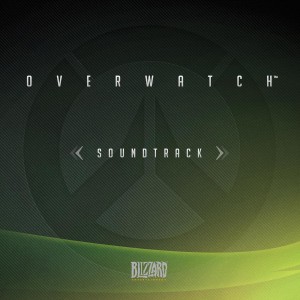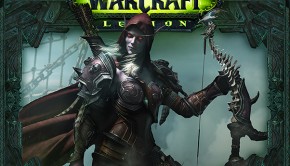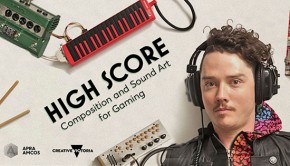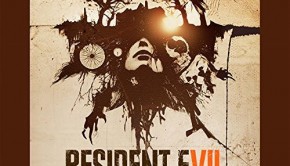Overwatch Original Soundtrack
 |
Album Title: Overwatch Soundtrack |
| Record Label: Blizzard Entertainment |
|
| Catalog No.: N/A |
|
| Release Date: May 24, 2016 |
|
| Purchase: Purchase on iTunes |
Overview
Blizzard’s most recent major franchise launched earlier this year to massively positive critical reception. The first-person shooter came with a soundtrack for those who bought the collector’s edition of the game, primarily composed by Derek Duke, Sam Cardon, Cris Velasco, and Neal Acree. The 21-track score clocks in at just under an hour, and features a variety of themes and styles from each of these well-established composers.
Body
The first track is an appropriately heroic fanfare complete with a big brassy main theme. It’s simple, straightforward, and lends itself well to variation across the rest of the score. In fact, the majority of the iterations of this theme are composed by different contributors to the full soundtrack; while Sam Cardon is listed for the opening “Overture,” each of the other composers had a hand in working with the main theme throughout the album.
“Rally the Heroes” brings the melody of “Overture” and puts it into a tenser and more subdued setting, like a menu theme. It also brings in the more futuristic sounds that are characteristic of most of the tracks on the album, including the synthy percussion. “The World Could Always Use More Heroes” is the most developed version of this theme that brings the talents of all four of the main composers together for the game’s cinematic intro. It was a very segmented track, which made me wonder if the track was divided by section between the composers, but I quite liked all of the stops and starts in the music, which all came together in a very driving way.
Most of the Overwatch score seems to be divided into two categories: pieces that incorporate this main theme in some unique variation or setting, and shorter pieces, usually a minute in length, that thematically encompass one of the game’s many locations.
This second type of piece is both fun and problematic. Tracks in this category, including “Temple of Anubis,” Dorado,” and “Numbani,” are upbeat, packed with energy, very rhythmic – essentially, they perfect tracks to accompany rounds of combat. The downside to these tracks is in their originality. “Temple of Anubis” has that Phrygian dominant scale that has become synonymous with Arabic themes, and “Dorado” opens with a fanfare of Spanish trumpets, punctured and accompanied by rounds of Spanish guitar.
This trend is by no means unpleasant to listen to. Not only do I imagine they make for a great soundtrack to those in Overwatch combat, but I’ve found that it’s a great workout soundtrack. The problem comes more when these tracks are listened to in rapid succession; from a musical standpoint, it seems as if these tracks are simply ticking off boxes on a theme bingo. “Numbani” blends the characteristic Overwatch futuristic sound with snippets of tribal singing (wisps of “Baba Yetu” come to mind). “Route 66” features a driving bluesy guitar pierced by a cracking whip halfway through. As fun as they are, these pieces are not really sustainable outside the game. They’re too short for much development, and they’re too camouflaged in their genres for significant individual recognition.
“Situation Critical” is highlight of the album, if only because it breaks the mold set by the other tracks. It is fast-paced, and uses the heavy electronic sounds of Overwatch, but brings in a new theme that develops over the course of four and a half minutes, avoid the thematic pitfalls that the rest of the album frequently falls into. Instead, the theme uses the same four notes over the course of the track using different permutations to grow the piece. It’s also worth noting “Hollywood,” which mixes a variation of the main theme with a stately ceremony vibe, written by Derek Duke and featured composer Adam Burgess. Finally, “…And Overwatch For All” also brings these composers together for a triumphant concluding theme.
Summary
Like the game, the Overwatch soundtrack is packed with energy and color. I imagine that this was an incredibly fun soundtrack for these composers to write, full of catchy riffs and variety. While none of the themes are particularly groundbreaking, they still come together for a solid album and an enjoyable listening experience. Those who did not buy the collector’s edition of the game can still purchase the Overwatch soundtrack on iTunes.
Do you agree with the review and score? Let us know in the comments below!
3.5
Posted on August 6, 2016 by Emily McMillan. Last modified on August 6, 2016.














